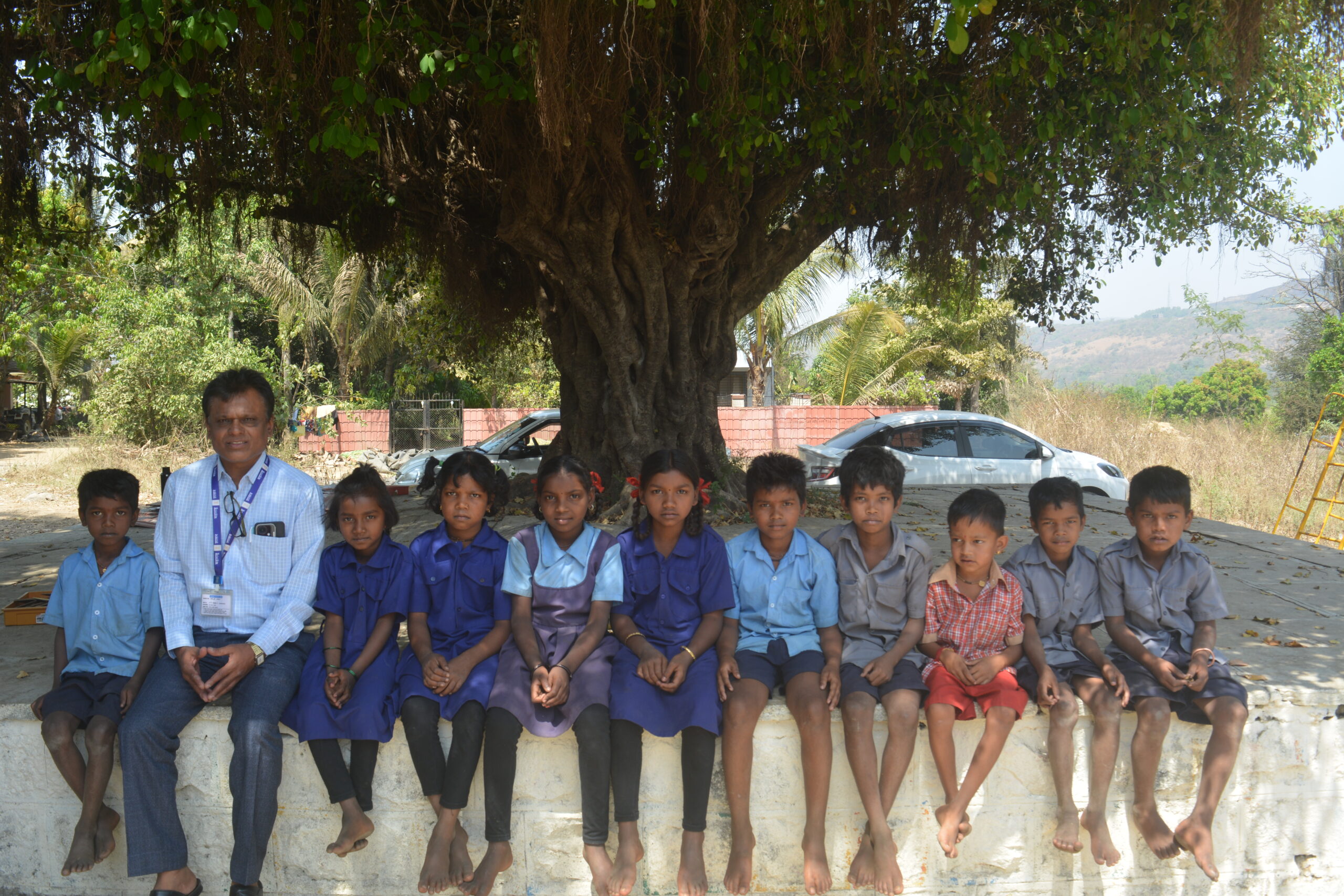In India’s changing landscape of education, systems change has become a predominant theme. The education system is more than just a series of schools and teachers — it’s an intricate tapestry woven together with policies, governance structures, community relationships and personal habits. Thus, Leadership for Equity’s (LFE) holistic approach includes capacity building, policy advocacy and strategic partnerships with government and as well as non-governmental organisations, bringing about structural reform to address the systemic issues plaguing India’s educational development.
Systems change in education is vital for improving outcomes, equity and innovation. General Systems Theory (GST), developed by Ludwig von Bertalanffy, frames systems as intricate, interdependent networks requiring comprehensive interventions. Key principles like feedback loops (stabilising or destabilising), self-organisation (spontaneous order) and boundary spanning highlight the dynamic nature of systems. Thus, changes at one level, such as policy frameworks or school practices, influence the entire ecosystem, underscoring the need for strategic, holistic approaches to systemic transformation.
We are addressing the layered challenges that exist in our education system by strengthening teacher education, enabling system leadership and enhancing educational governance.
- Policy Advocacy and Alignment: We engage with policymakers by aligning proposed education policies with state-level goals and the priorities of decision-makers. Succinctly communicating the potential impact of policies, supported by credible data and evidence, and in-person meetings fosters trust and credibility with policymakers. Detailed documents such as concept notes and proposals help decision-makers make informed choices while aligning with their official agendas. For instance, in Pimpri-Chinchwad Municipal Corporation (PCMC), we successfully influenced the introduction of a cadre of teacher mentors by defining planned job responsibilities and setting annual targets, ensuring that mentors have a clear framework to guide their work. We ensure that advocacy efforts are both effective and aligned with the broader objectives of state governments and educational institutions.
- Identifying and addressing inefficiencies: We employ diverse methodologies to gather insights, including field visits, stakeholder feedback, interviews and performance assessments to pinpoint systemic gaps affecting outcomes, quality and efficiency. Areas of improvement are prioritised in collaboration with government officials, facilitating sustainable transformation. In collaboration with the Andhra Pradesh government, we conduct a detailed teacher need analysis at the start of every academic year, before planning any programme rollout. By tailoring programmes to address identified needs ensures that resources are allocated effectively and that interventions have a tangible, positive impact on teaching and learning outcomes. We developed 200+ hours of system leader content, 20+ teacher hours, and 300+ documents, building a comprehensive library to empower educators for a future-ready India.
- Building relationships and leveraging stakeholders: We identify key stakeholders, understand their perspectives and build respectful connections, enabling collaboration and resource optimisation. Highlighting inequities and trends, showcasing long-term benefits and offering evidence-based insights guide resource allocation. Our work with the State Council of Educational Research & Training (SCERT), Haryana began three years ago as a small intervention. Over time, the relationships cultivated leading to the adoption of our practices across multiple interventions and partnerships with other organisations. A senior official from the department values our honest feedback on various beneficiary-directed programmes. We support rather than creating dependency, fostering a two-way accountability, ensuring both parties remain focused on the larger cause.
- Navigating power dynamics: Power can originate from various sources, including formal authority, knowledge and influence. We recognise that forming connections with both official and unofficial influencers is essential, thus prioritise collaboration over imposition. LFE’s work with administrative and academic officers—including Zilla Parishad and Municipal Corporation officials, SCERT and DIET representatives—highlights its ability to mediate and influence interpersonal relationships. When stakeholders hold differing views, our team acts as a common thread, ensuring cohesion and collaboration in district-level projects. Additionally, we advocate for the recognition of best practices by teachers and cluster-level officers, ensuring that stakeholders across ranks appreciate each other’s contributions. By facilitating such interactions, the organisation helps bridge gaps, fostering a culture of mutual respect and shared accountability.
Offering solutions which are systematically embedded into the governance framework creates long-term impact. Through extensive support to Dr. Karawande, Department Head, English Language at Maharashtra’s State Institute of English, LFE enabled the successful launch of their Spoken English programme reaching 20,800+ teachers and 260,000+ students, achieving a 25% improvement in teaching effectiveness. Thus our work in systems change within the Indian education sector provides a blueprint for how comprehensive, strategic and collaborative efforts can effectively create transformational initiatives towards sustainable, equitable and effective progress in the education system.
About the Author
Siddesh Sarma is the Co-founder of Leadership For Equity (LFE) with 13+ years of experience in education and the non-profit sector. A strong advocate for public education as a driver of social equity, he has worked with government bodies and organisations like Bridge International Academies and Thermax Foundation. At LFE, he leads programme design, impact and a state-level teacher development project in Andhra Pradesh, benefiting 180,000 teachers. Leadership For Equity (LFE) partners with governments with a vision of building resilient public education systems, improving learning outcomes and wellbeing at scale, ensuring equity and excellence for all children.


